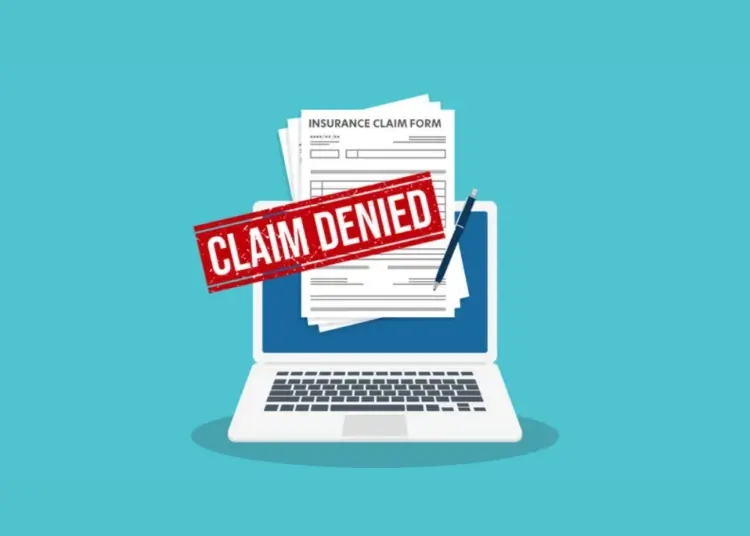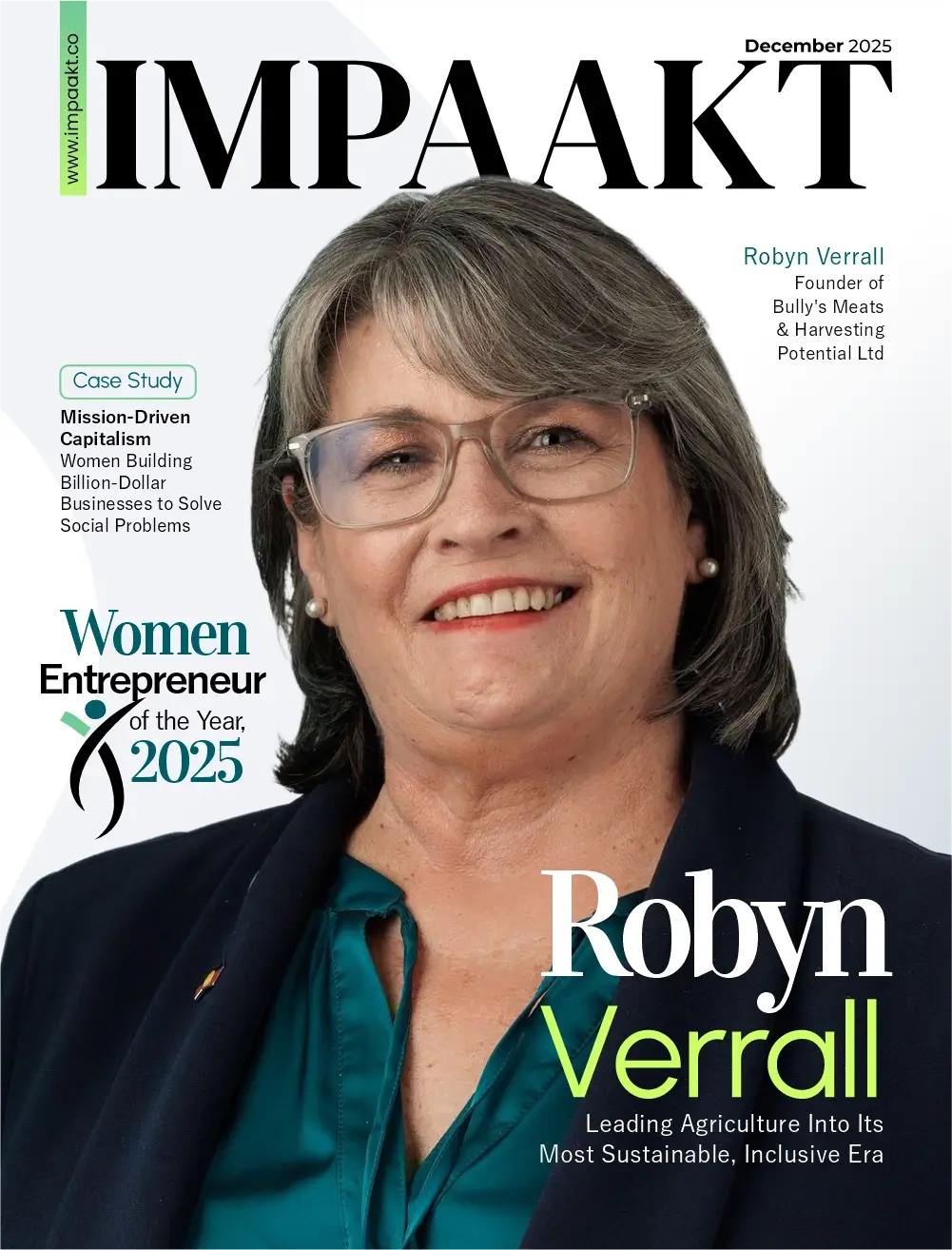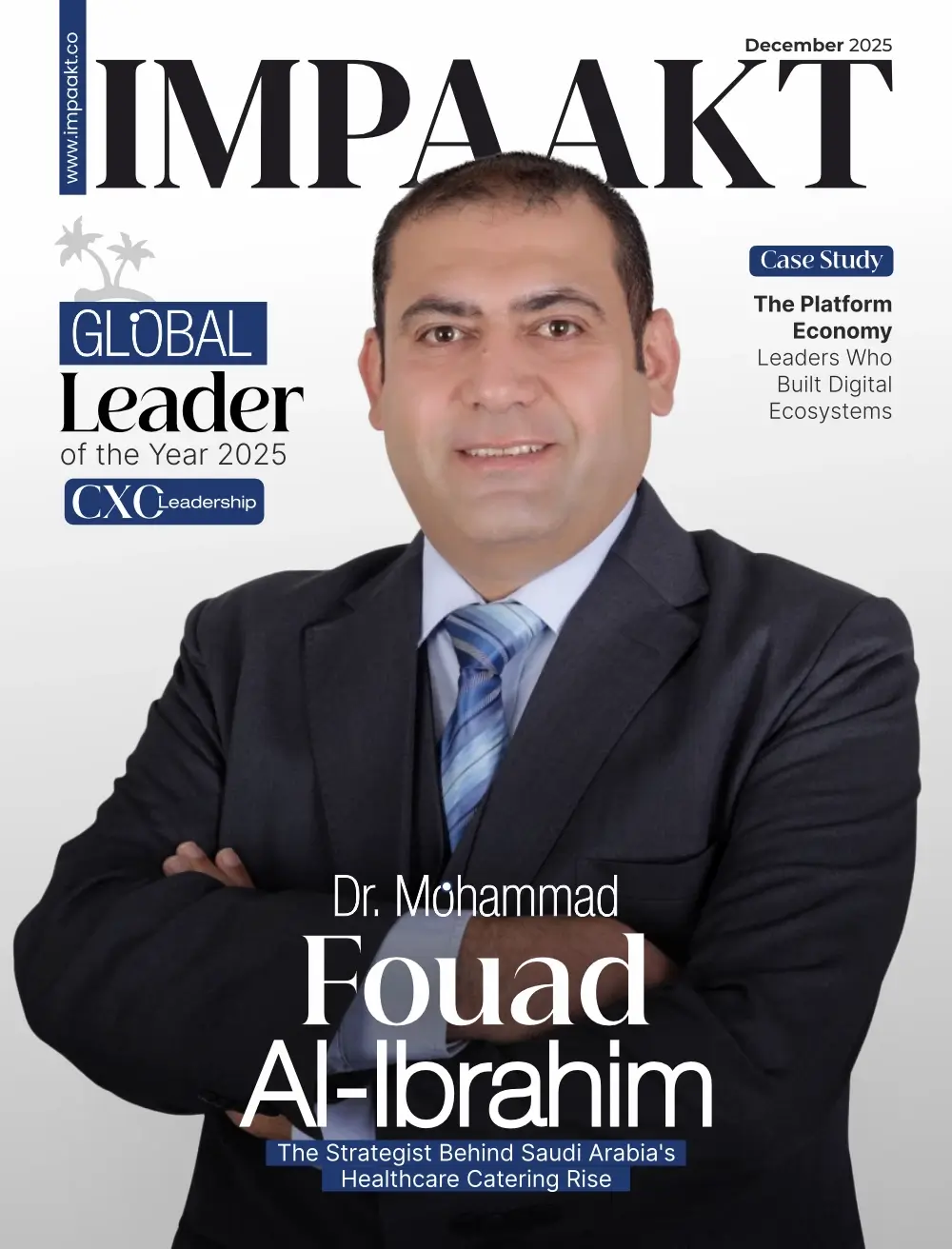What’s one of the most common reasons for denial? The lack of reporting a potential claim. I saw it as an insurance brokerage company CEO. I see it today as an expert witness. Just ask USC and Harvard. They both had this experience due to the failure to disclose “prior known acts” or to make a claim under the “Potential claim” or “Incident Reporting Provision” of the Policies they had. It’s one of the reasons I wrote CLAIMS-MADE INSURANCE: The Policy That Changed the Industry, published by Wells Media Group.
“Safety Net” Provision of a Policy
All too often, when a professional liability insurance policy is being renewed, the question about awareness of a fact or circumstance that could give rise to a claim is not properly answered. Coverage is provided on the basis that all information given to the Insurer by or on behalf of the Insured in its underwriting submission and/or in its responses to the underwriter’s requests for information is reliable, truthful, and complete to the best of the Insured’s information and knowledge. The consequences can be avoided by an all too often overlooked provision, I have called the “Safety Net” provision of a policy. Any known problem MUST be disclosed to avoid misrepresentation on the application. But in doing so, one must also use the Incident Reporting provision to report a potential claim before the policy expires. Problem solved.
As a result, many claims that might otherwise have been covered but for lack of disclosure are going to be denied. This is because of warranties on the application. In a recent case, Harvard University was left without coverage for an excess layer of insurance provided by Zurich Insurance Company due to late notice under its claims-made policy. The claim involved was alleged discrimination in admissions against applicants of Asian descent. It is not evident in the briefs of counsel of the district court decision why Harvard failed to give timely notice. However, Harvard argued that the lack of formal notice in a timely fashion pursuant to the policy terms was irrelevant. The court firmly rejected Harvard’s arguments and granted summary judgment to Zurich.
This is a common scenario, especially for law firms. In fact, lawyers are the worst at reporting potential claims or actual claims until it’s too late. The reason why is simple. Lawyers professional liability policies, and in fact almost all professional liability policies, and C-Suite coverages (like D&O, Employment practices etc.), are written on a claims-made basis. It is quite common to have a policy that will respond to claims first made against the policy term, so long as no insured had any reason to believe that a claim could be made against them prior to the inception of the policy.
Lawyers are the worst at having their claims denied by Insurers. 28% experience this. The next worst category is Directors and Officers. They are the second largest group of policyholders that for some reason, don’t understand the definition of a claim, and what the requirements are to timely report a potential problem or an actual claim. As a result, they, too, have a high percentage of claim denials for situations that were totally avoidable.
A 360-degree View
Part of the problem is the public’s perception that insurance companies are always looking for a basis upon which to deny claims. We can certainly debate how true that may or may not be. There are many reasons for this. Simply put, they are 100% profit-driven and not product-driven. More and more companies suffer from the same delusion that it is best to make a profit and cut back on providing a quality product. After all, more and more monopolies have this kind of power due to market consolidation. What they don’t realize, is that they are not properly protected from their liability despite their attempts to do so. They too, are “consumers”
Many forces are at play that create these problems. First and foremost, in 37 states, people may not realize that their insurance agent or broker has no duty to advise them as to anything. They have no more obligation to do so than their server at the local restaurant. Yet, they have taken insurance courses before they can apply for a license, and those with at least five years of experience have more knowledge about the product they sell than any consumer will ever have. They have no obligation to share this knowledge unless they hold themselves out as experts, are paid to do a risk management review, or are found to have misrepresented coverage. In other words, the consumer is on their own. It doesn’t matter whether it’s a consumer seeking or acquiring personal insurance such as homeowners and auto insurance, or a corporation seeking to insure itself with millions of dollars in liability insurance.
Consider an excess policy requires that all underlying insurers have admitted liability when they tender their limits. It is not one condition, it’s two. Pharmacia, a corporation that would normally purchase insurance layers into the stratosphere, found out the hard way. They entered into a $207 million settlement, only to find that the sixth layer of excess coverage did not have to pay its limits because the underlying insurers had not admitted liability even though they tendered their own limits and gave permission to Pharmacia to settle the case Their policy required that not only all underlying insurers have tendered and exhausted their limits, but also that they had to have admitted liability. Has anyone ever heard of a company admitting liability. Especially an insurer?
claims-made insurance
As a faculty member at the Claims College’s School of Professional Lines and a contributor to industry publications, I believe that education is extremely important in order to enhance the risk management practice of any organisation, whether it is the insurance brokerage providing services to a customer, or the policyholder themselves. The relationship between the consumer and supplier of insurance has to be symbiotic, they have to work together. Too many believe that we all buy insurance and expect that everything will be taken care of, a naïve belief. Policyholders have to do a better job in understanding the risks and hazards that they are obtaining protection for, and doing their best as well to work in such a manner so as to minimize the risk of loss, which benefits everyone.
By doing so, claim frequency can be reduced, and pricing can become more affordable. And policyholders can focus on their business instead of spending significant time away from their work while assisting counsel in their defense.
If everyone just walks around thinking, “I have coverage so I don’t have to care,” bad things are going to happen. This makes it more challenging for insurers to be able to provide the products and services that everyone expects, and at a price they can afford.
Learn more at https://www.fishercg.com/
Discover how IMPAAKT is shaping sustainable impact—featured in a top business magazine. Join the movement today!

 More About Frederick Fisher, J.D., CCP
More About Frederick Fisher, J.D., CCP










